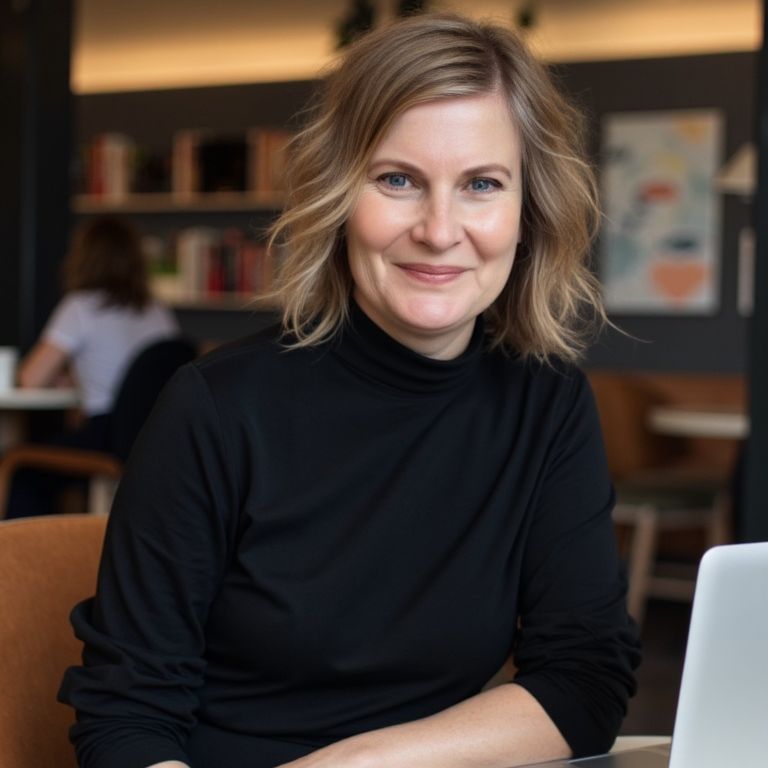Getting comfortable taking up space
Jan 07, 2022
There’s almost no visibility issue that isn’t solved by overcoming the societal conditioning which says ‘Don’t take up too much space.’
When we’re afraid to take up space we might:
- minimise ourselves in conversation so people don’t think we’re too much,
- launch infrequently so people don’t think we care more about our businesses than we do about their desire not to hear about our work,
- not speak up in meetings,
- keep an internal check on the amount of time we spend with others so they don’t get sick of us,
- not submit too many posts on social media (so as not to bother people too much),
- physically limit the space we take up in public, squeezing over on public transport so there’s plenty of space for other commuters (this, by the by, is something women do all the time. Men tend to spread their legs and declare to the world that the space is theirs),
- limit the number of times we pitch ourselves for an opportunity – a speaking gig, a government grant, a promotion – for fear of seeming too pushy or ambitious (which often means we only pitch ourselves once and don’t go back again if we’re unsuccessful the first time).
The kyriarchy has designed itself around straight, white, ably bodied men. That means it’s literally a subversive act to take up public space, or to be ‘too dominant’ in private spaces, if you don’t inhabit those labels.
When you’re deemed ‘other’ and move toward taking up space, the kyriarchy hits back claiming you’re too much, too bossy, too ambitious, too confronting, too controlling, too emotional, too angry.
The way to reverse that trend is for more and more members of the diverse majority – women, indigenous, black and people of colour, people with disabilities, and the LGBTIA community – to stop waiting for permission or an invitation to take up space.
Part of your visibility training has to be focused on getting comfortable with taking up space. Whether that’s online, in meetings, in conversations with friends and family, or in your community. It has to be about having other people see you, focus on your needs, and attend to you.
You do this in order to train yourself and to train others that your needs matter.
Because they do.
For more assistance with taking up space, jump on over here and pick up our short course Smask the Patriarchal Mindset.





